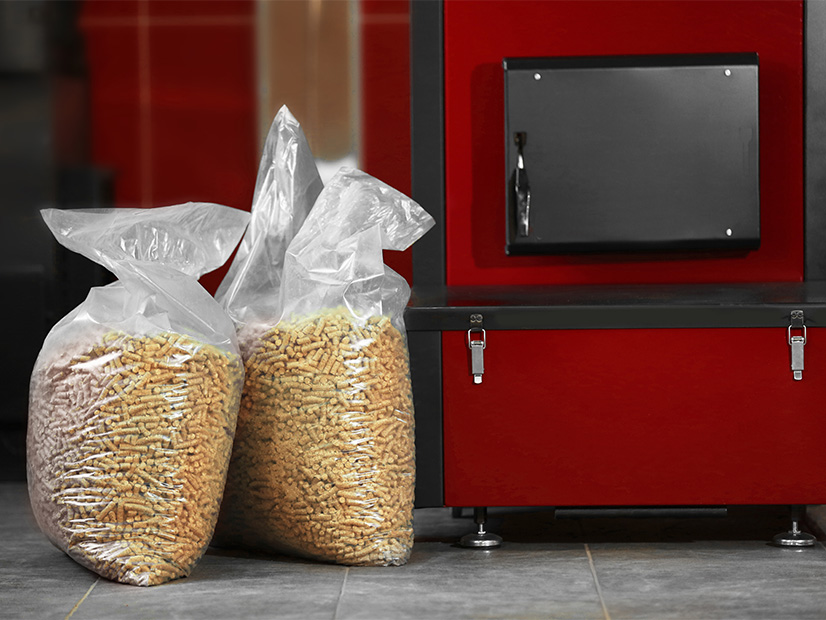
The Vermont House of Representatives passed a bill (H.715) Thursday that would direct the Public Utility Commission to create a clean heat standard for reducing greenhouse gas emissions in the state’s thermal sector.
A CHS is part of a suite of recommendations issued in December by the Vermont Climate Council in its initial Climate Action Plan to meet the GHG reduction mandates of the 2020 Global Warming Solutions Act (GWSA). In Vermont, about 70% of the thermal sector uses natural gas, fuel oil and propane, which subjects Vermonters to “fuel price volatility,” said Rep. Timothy Briglin (D), chair of the House Energy and Technology Committee. (See Vt. Lawmakers Working on Clean Heat Standard Bill.)
Fuel oil prices in the state have increased 96% since last winter, Briglin said during a debate on the bill in the House on Wednesday.
Opponents of the bill, however, are concerned that the standard will further increase fuel costs and have no clear climate benefits.
“This bill is designed to impose a hidden carbon tax on heating oil … and supposedly meet the arbitrary carbon dioxide emission reduction requirements” of the GWSA, Rep. Terri Williams (R) said.
The standard could increase fuel costs by an estimated 1.5 to 2%, based on comparable standards, such as Vermont’s Renewable Energy Standard, according to Briglin.
“That’s a modest increase relative to … the extraordinary increase in prices that we’ve seen Vermonters pay in just the last two or three weeks,” he said.
Rep. Arthur Peterson (R) expressed doubt during Wednesday’s session that Vermont’s efforts to reduce thermal emissions will have a positive effect.
“We’re 50th in the nation in the production of carbon, and the change we make [with a clean heat standard], in my opinion, won’t affect the world’s climate at all,” he said.
The bill would direct the PUC to create a system of tradeable clean heat credits that natural gas utilities and fossil-based heating fuel wholesalers can buy or earn by reducing GHG emissions through the delivery of clean heat measures. Those measures could include advanced wood heating, cold-climate heat pumps, biofuels, renewable natural gas or weatherization.
Switching from fuel oil to natural gas would not qualify as a clean heat measure.
Each credit created under the standard would be based on the lifecycle CO2e emission reductions associated with the provision of a clean heat measure. Vermont’s current GHG inventory tracks emissions by sector within the state only. A lifecycle accounting would provide a complete picture of the energy and environmental effects of any applicable heating technologies under the standard.
If the bill is enacted, the PUC would establish a docket in August for CHS development, resulting in an order in mid-2024 that implements the standard in January 2025. Clean heat measures implemented this year would earn credits under the standard, according to Briglin.
“Early action credits are important not only because we want as many emissions-reducing actions as early as possible, but because it will allow for a buildup of credits in the market in the early years of the program and lower the cost of compliance for obligated parties,” he said Wednesday on the House floor.
